Jan 31, 2024
Day Trips – History, Heritage, and Natural Beauty in Toyokawa
About 75 minutes east of Nagoya, in the Mikawa Bay region, lies Toyokawa, a small city with a lot of spirituality and individuality. Though it is generally overlooked by the tourism industry as little more than a once-industrial town, it is in fact an area known locally for its rich cultural heritage, historical significance, and beautiful natural surroundings.
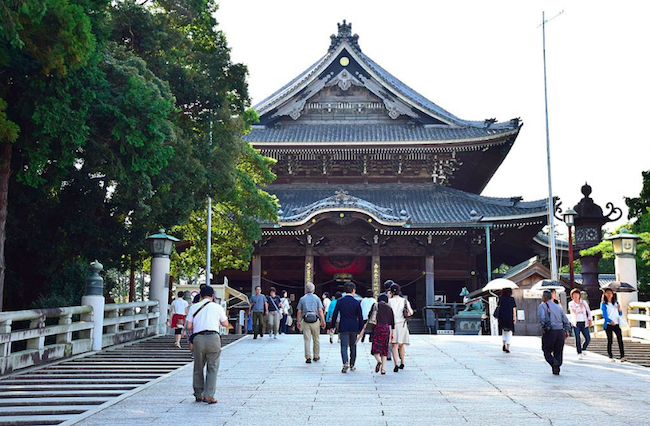
One of the city’s prominent landmarks is the Toyokawa Inari Shrine, one of Japan’s ‘Big Three’ Inari Temples. Founded by the monk Tokai Geki in 1441, Toyokawa Inari is unusual in that it is not only a Sodo sect Buddhist temple but also a Shinto place of worship. While the combination of shrines and temples was once ordinary throughout Japan, during the Meiji era reformists decreed that places of worship were to be strictly devoted to one alone. Toyokawa Inari, however, escaped this fate, and today it retains many aspects of Buddhism as well as glorifying Inari Okami, the Shinto god of fertility, agriculture and success. As well as being the god of prosperity and agriculture, Okami Inari is also the god of foxes, which are considered to be Inari’s messenger. At Toyokawa Inari you will find thousands of fox statues of differing sizes throughout the grounds.
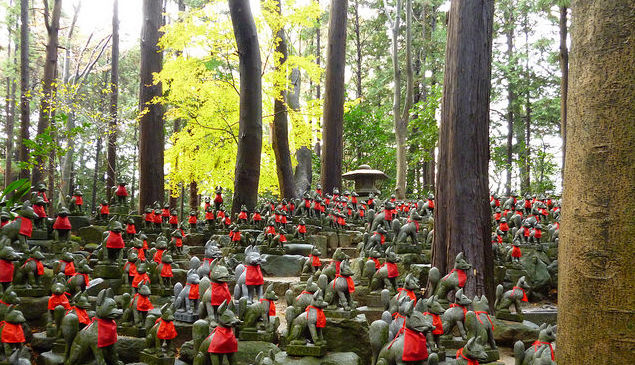
Inari was also seen as the protector of warriors and merchants, which is perhaps apt, as modern-day Toyokawa encompasses one of the most popular post towns on the Tokaido trade route, Asakasa. Back when merchants flowed along the Tokaido road between Edo (modern day Tokyo) and Kyoto, Asakasa had 83 inns for travellers, surrounded by shops, eateries, and geisha houses. Though foot traffic in the area has since declined, you can still learn about it at Tokaido Akasaka-Juku /Akasaka-Juku Museum, along with the history and culture of the area.
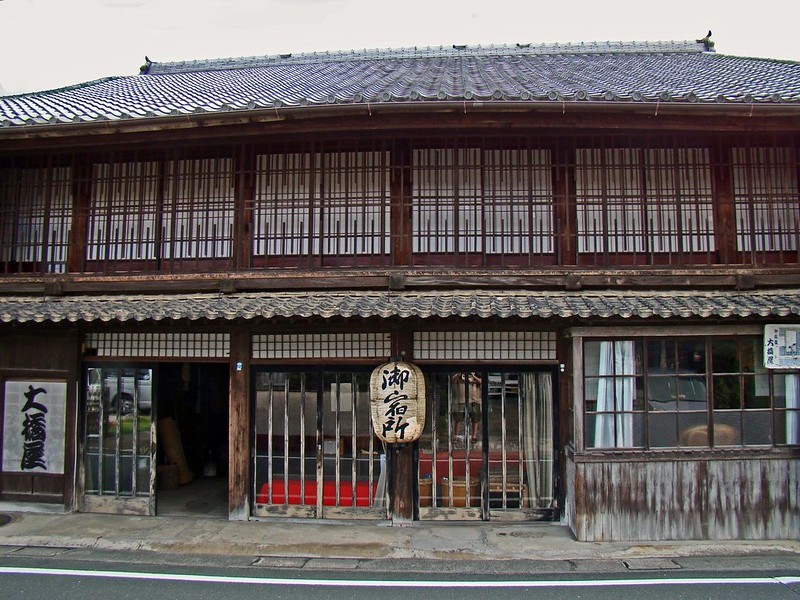
Being in an area of natural beauty, Toyokawa is the ideal place to indulge in a spot of cherry blossom viewing in spring. Most popular is the one-kilometer-long Cherry Blossom Tunnel, a pathway over which some 280 cherry blossom trees create a canopy of pinks and whites, with vendors selling street food and refreshments. For a longer stroll, the banks of the Sanagawa River have over four kilometers of cherry blossom trees, contrasting beautifully with the yellows of the field mustard that blooms at the same time. If you are looking for a more relaxing hanami experience, at Inari Park, near the shrine, you will find many local families sprawled out on the grass to enjoy the season.
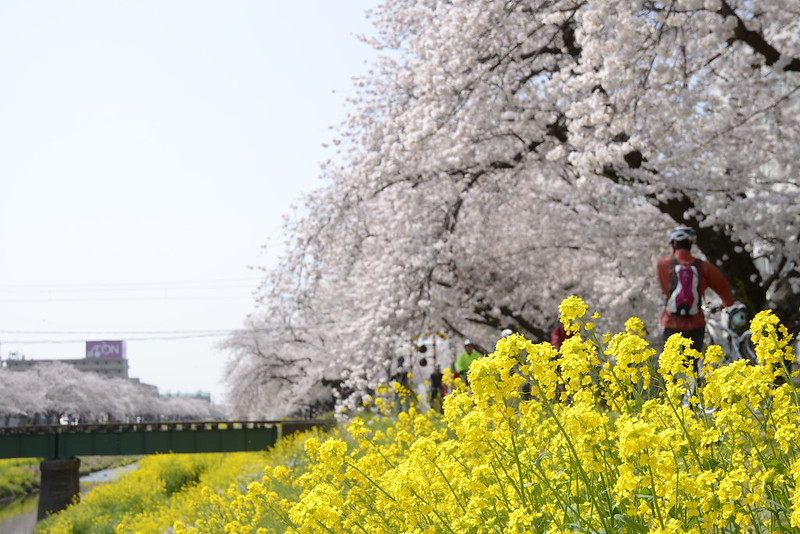
If you are looking for a local delicacy to try, it would have to be Toyokawa Inari sushi. There is a good chance that you have already had Inari sushi, sushi rice wrapped in deep fried tofu skin, but in Toyokawa they have perfected it. Named because fried tofu is said to be the favourite food of Japanese foxes, the messenger of the spirit Inari, though it may also have something to do with the fact that it resembles fox ears in shape. Today, there are more than 90 shops selling Inari sushi in Toyokawa, with numerous changes and alterations to seasoning, and unusual and unique toppings, such as local unagi eel and miso tonkatsu pork cutlets.
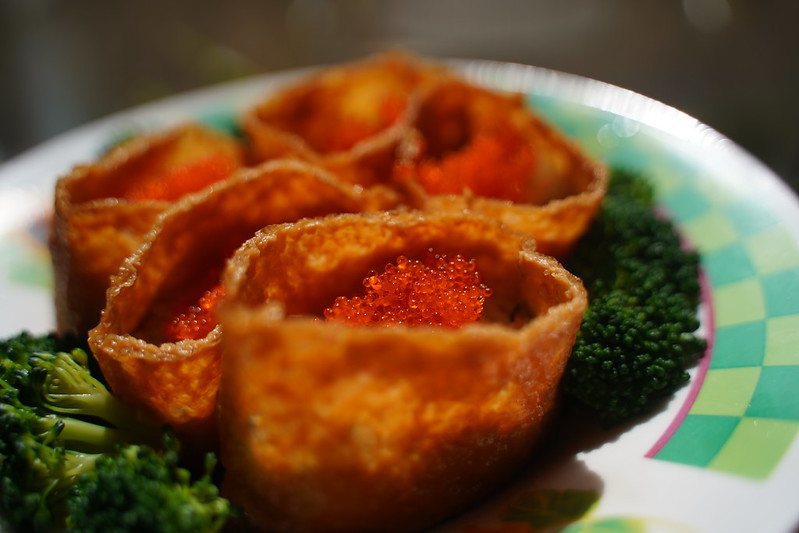
Though nearby Gamagori and Toyohashi generally get the local attention, with its many local charms and attractions, Toyokawa is certainly worth a day of anyone’s time, particularly if you are interested in Japanese history or love the simple pleasures of hanami at springtime.
Image: by Bong Grit via flickr.com (CC BY-SA 2.0) -Modified
Image: via wikimedia commons CC BY-SA 4.0 – Modified
Image: by Kasadera via flickr.com (CC BY-SA 2.0) -Modified
Image: by Bong Grit via flickr.com (CC BY-SA 2.0) -Modified
Image: by Rekishi no Tabi via flickr.com (CC BY-SA 2.0) -Modified
Image: by Alpha via flickr.com (CC BY-SA 2.0) -Modified


About the author